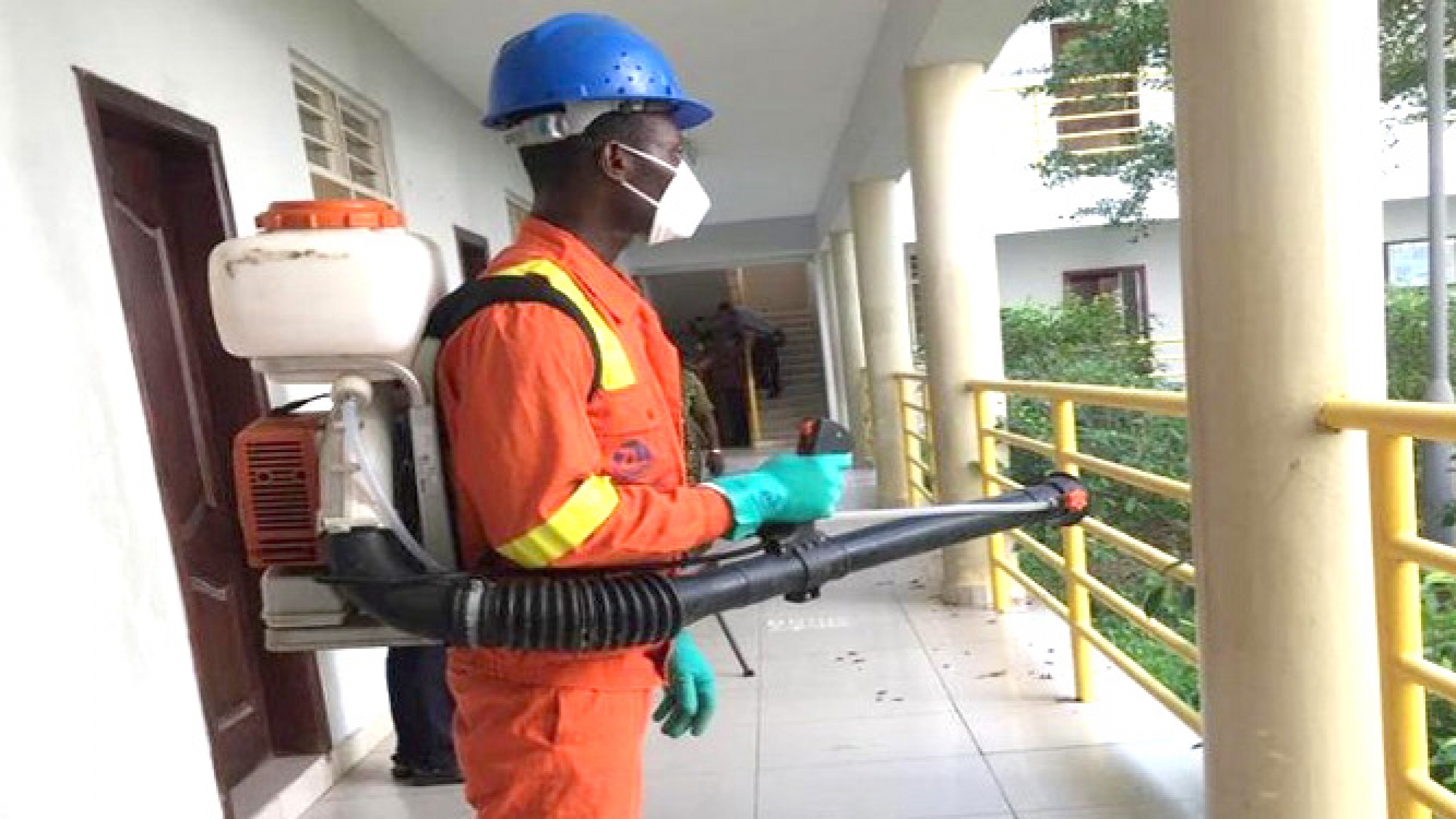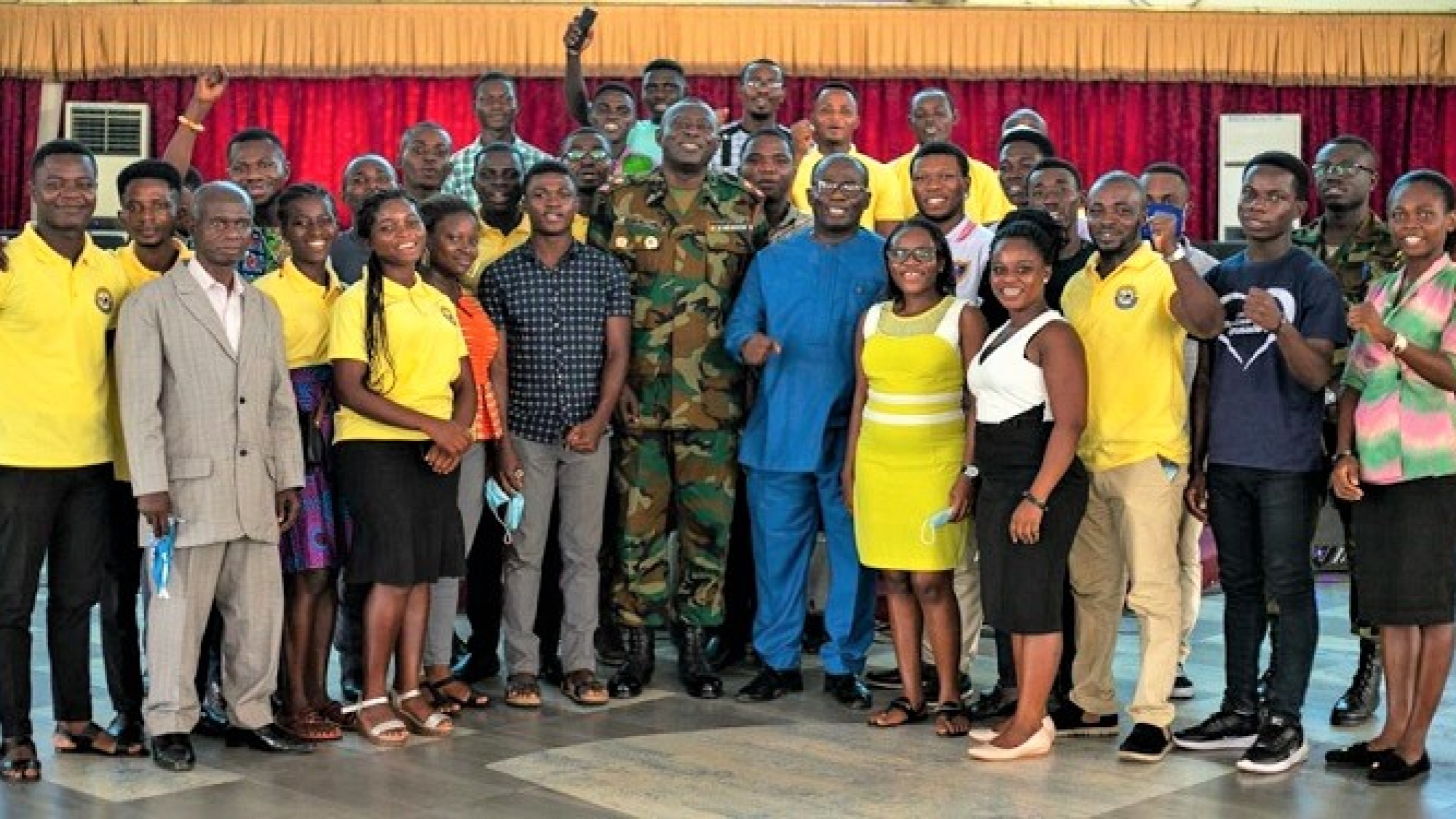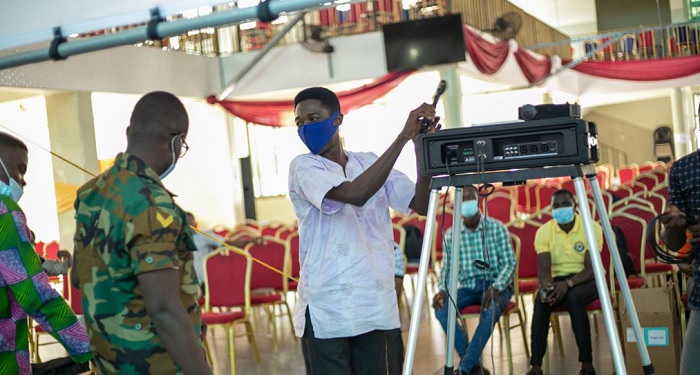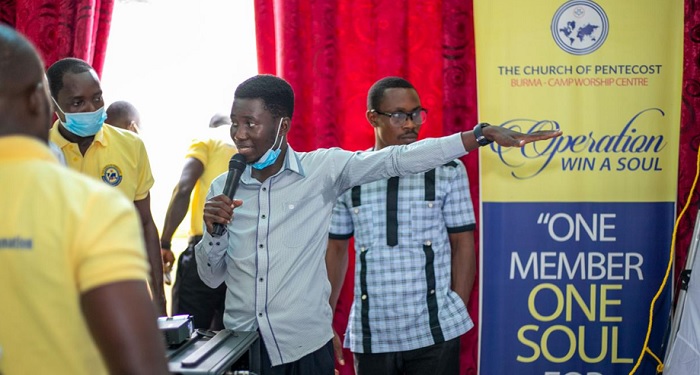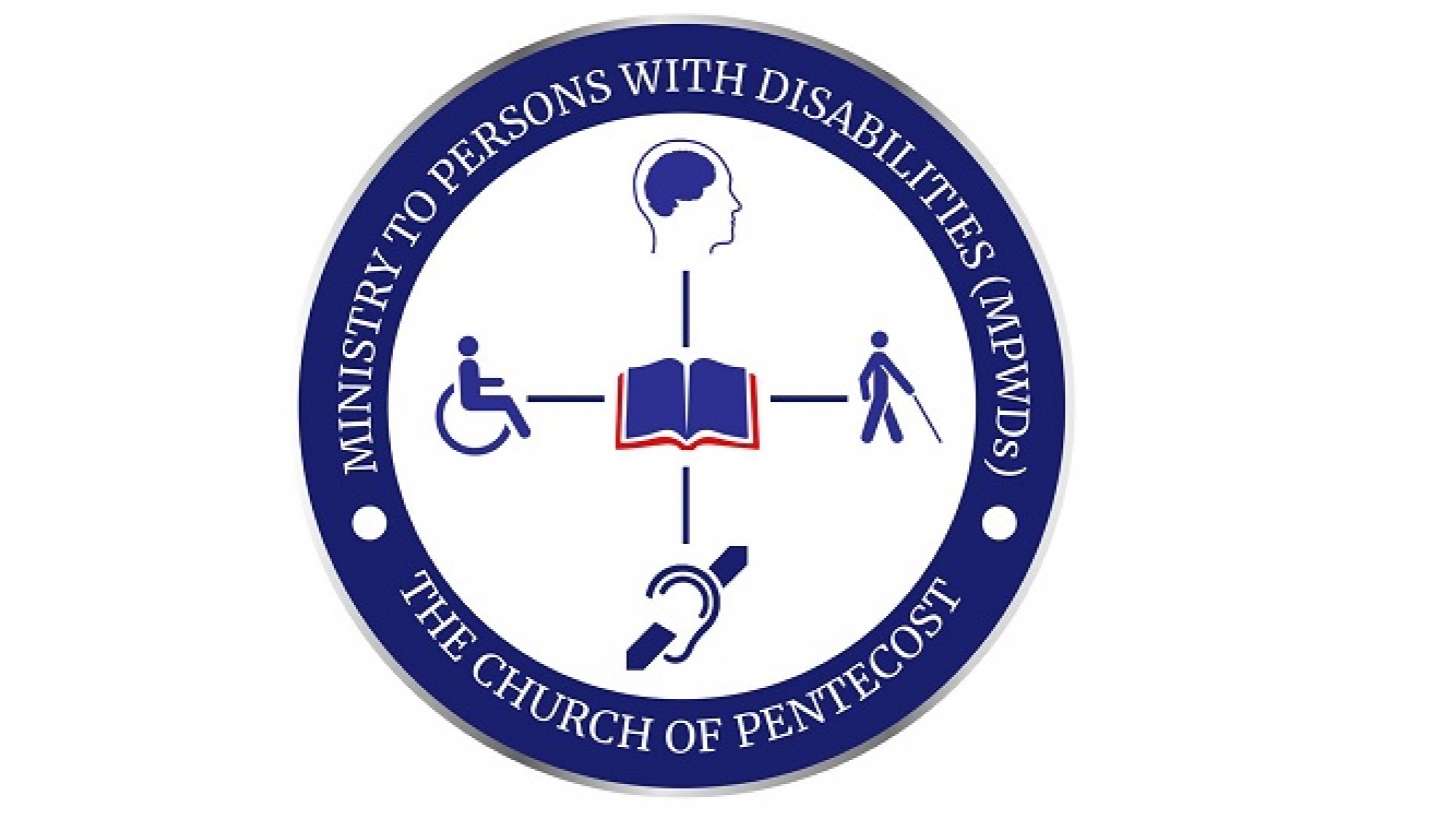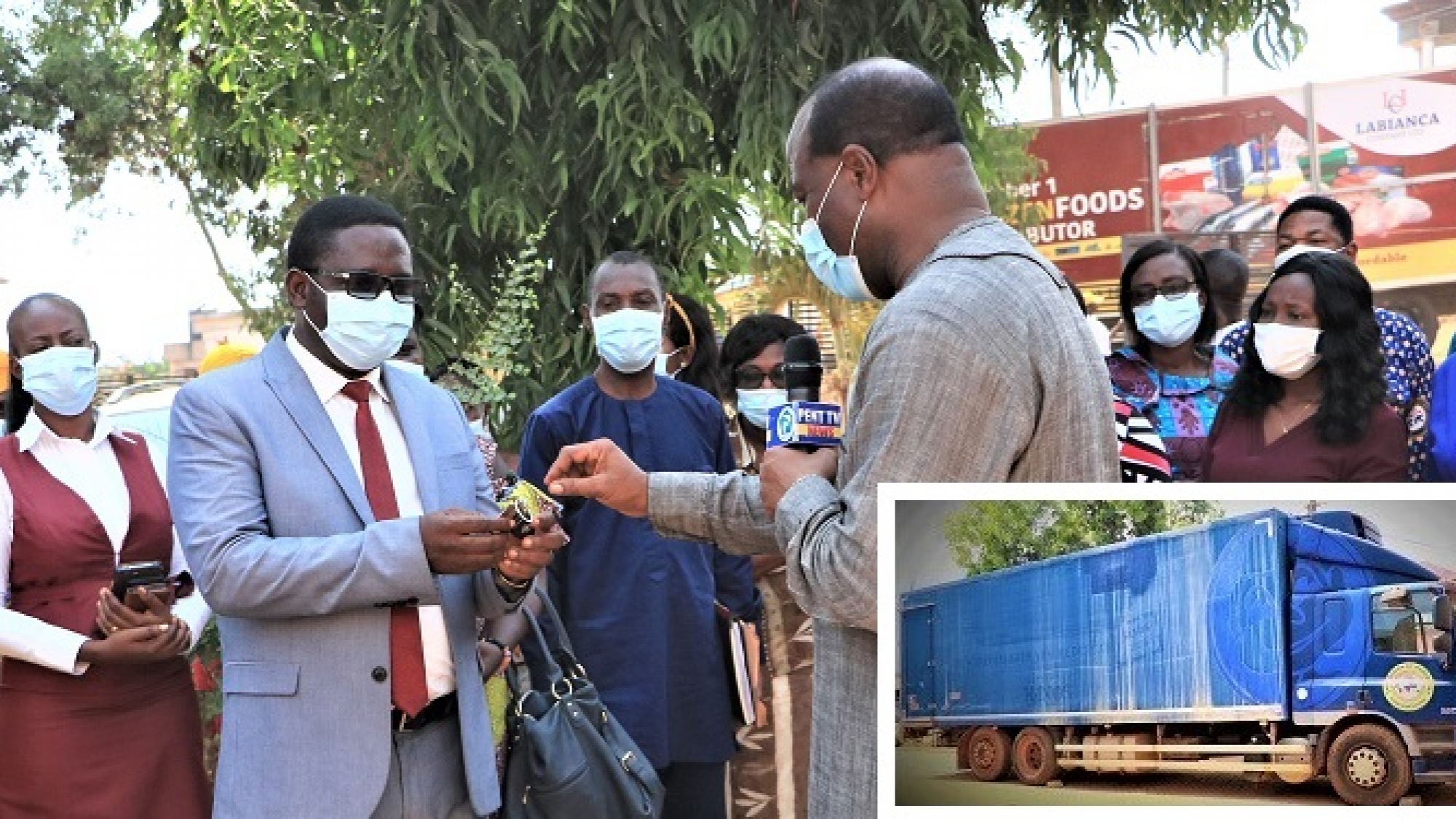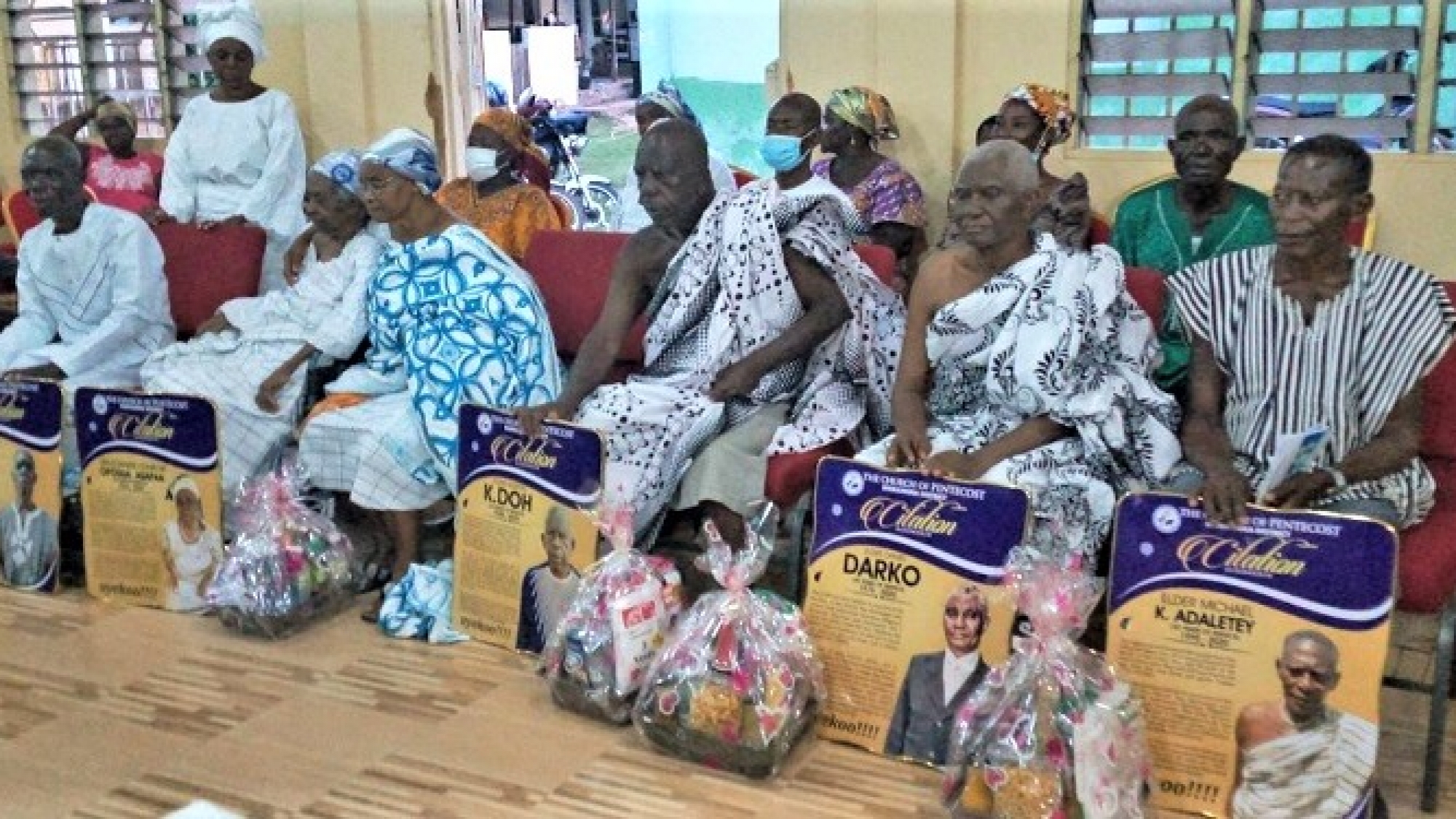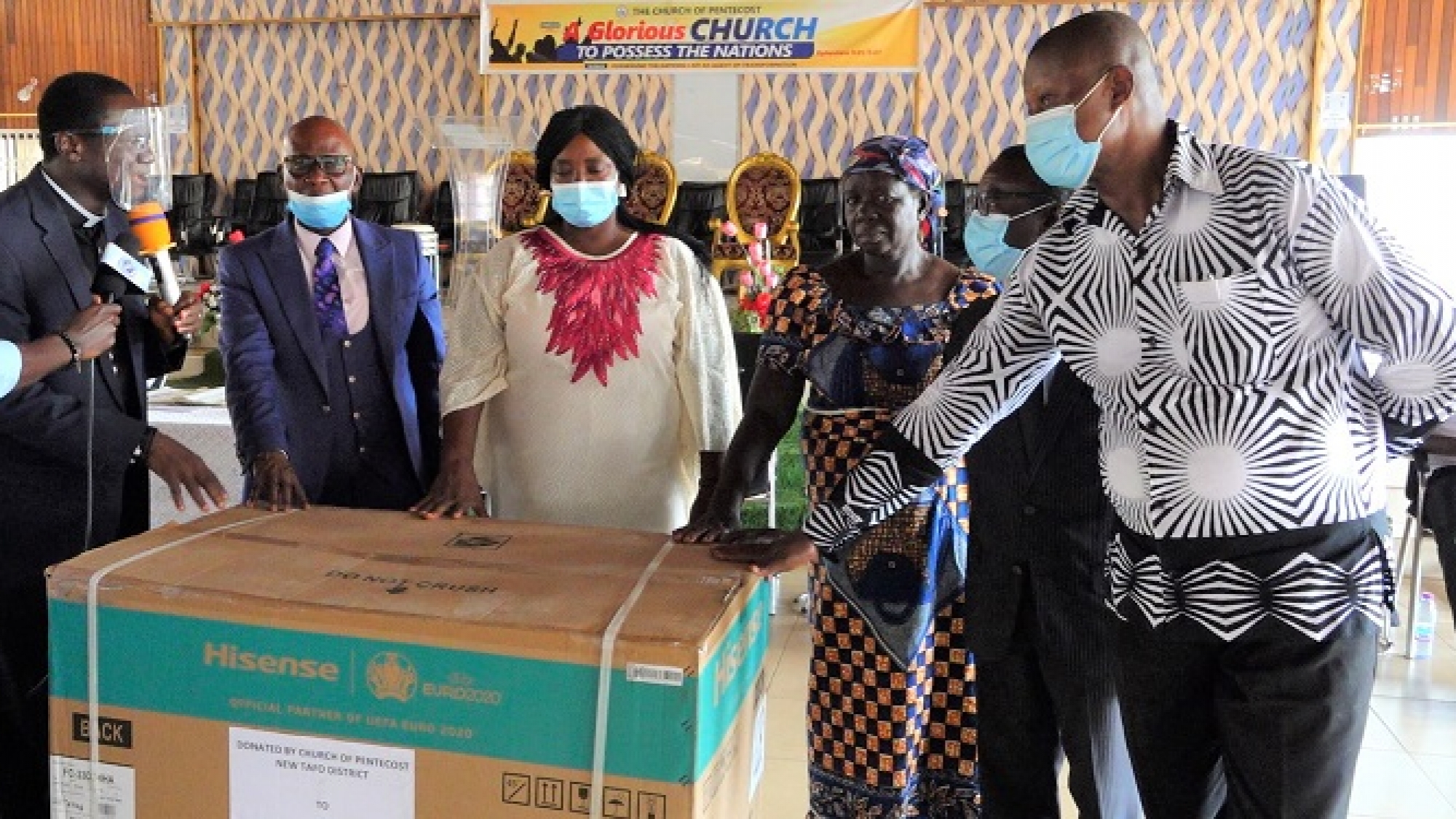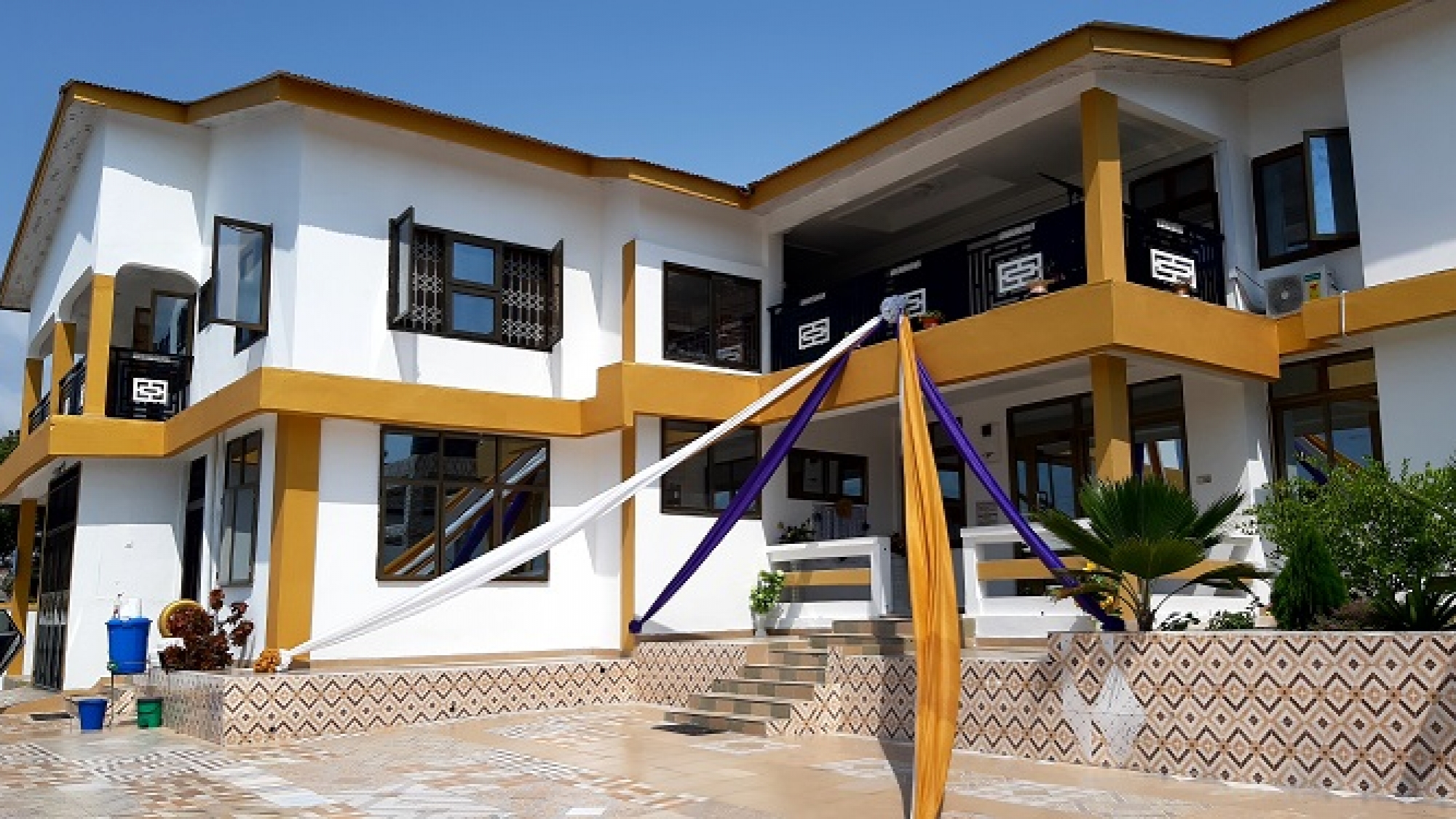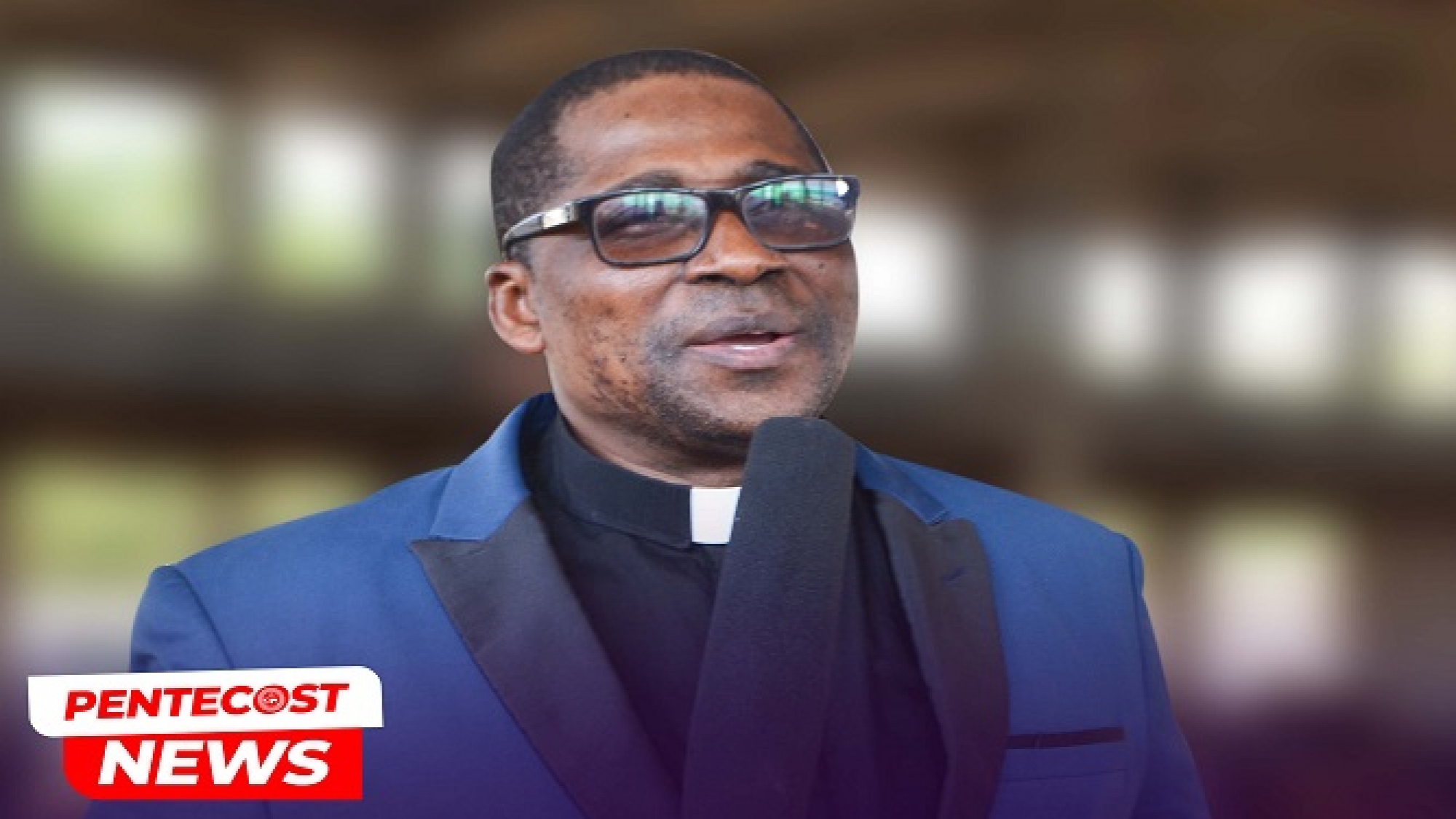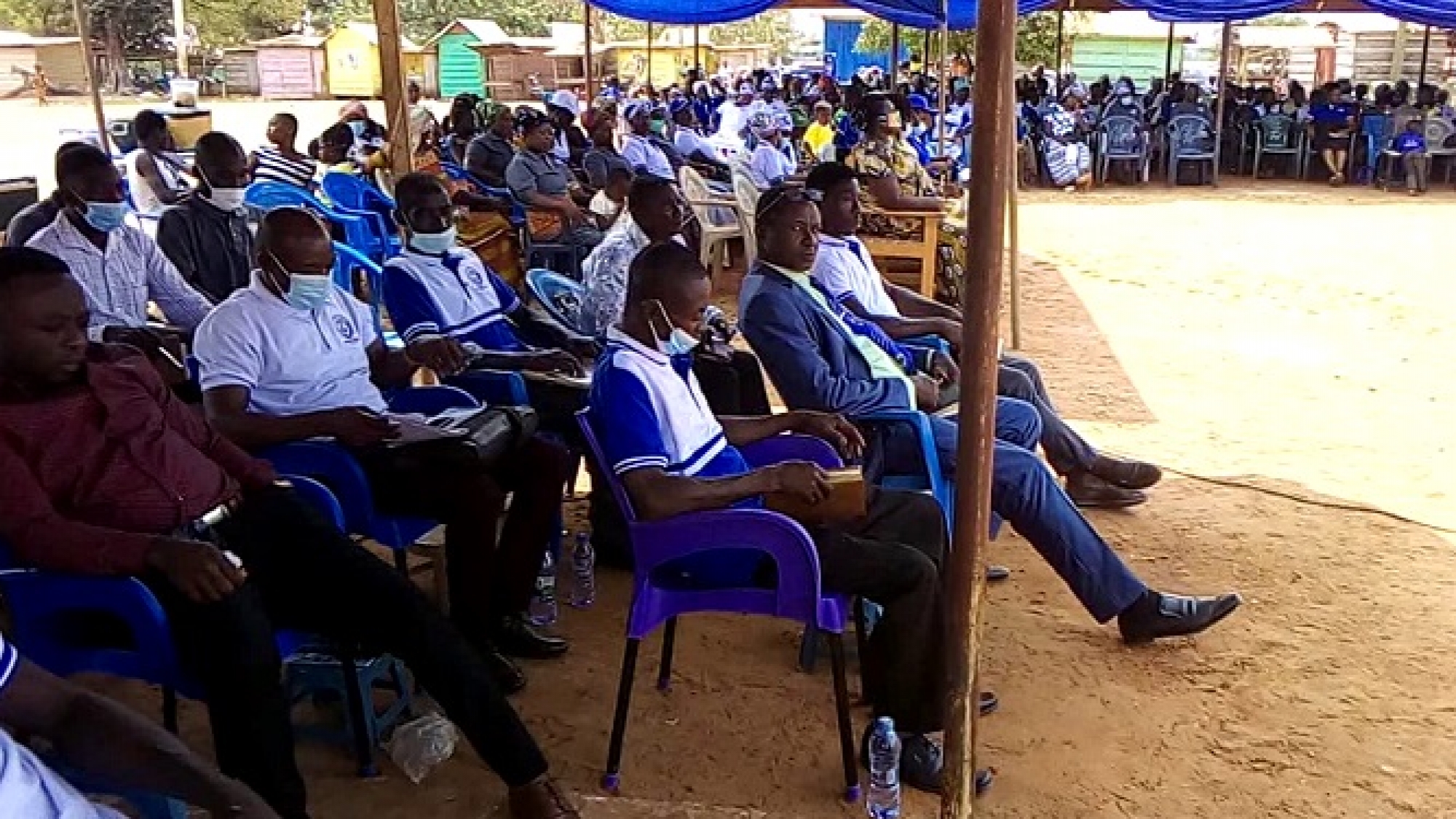The Church of Pentecost has disinfected and fumigated the Pentecost Convention Centre (PCC) which was used by the Government of Ghana as a COVID-19 isolation centre at the peak of the pandemic.
Speaking at the sidelines of the fumigation exercise, Pastor Ben Noye, the Centre Manager, said that the church willingly gave the place to the State to quarantine patients as part of her contribution to the progress of humanity.
He added that it was part of the church’s social responsibility to the people of Ghana.
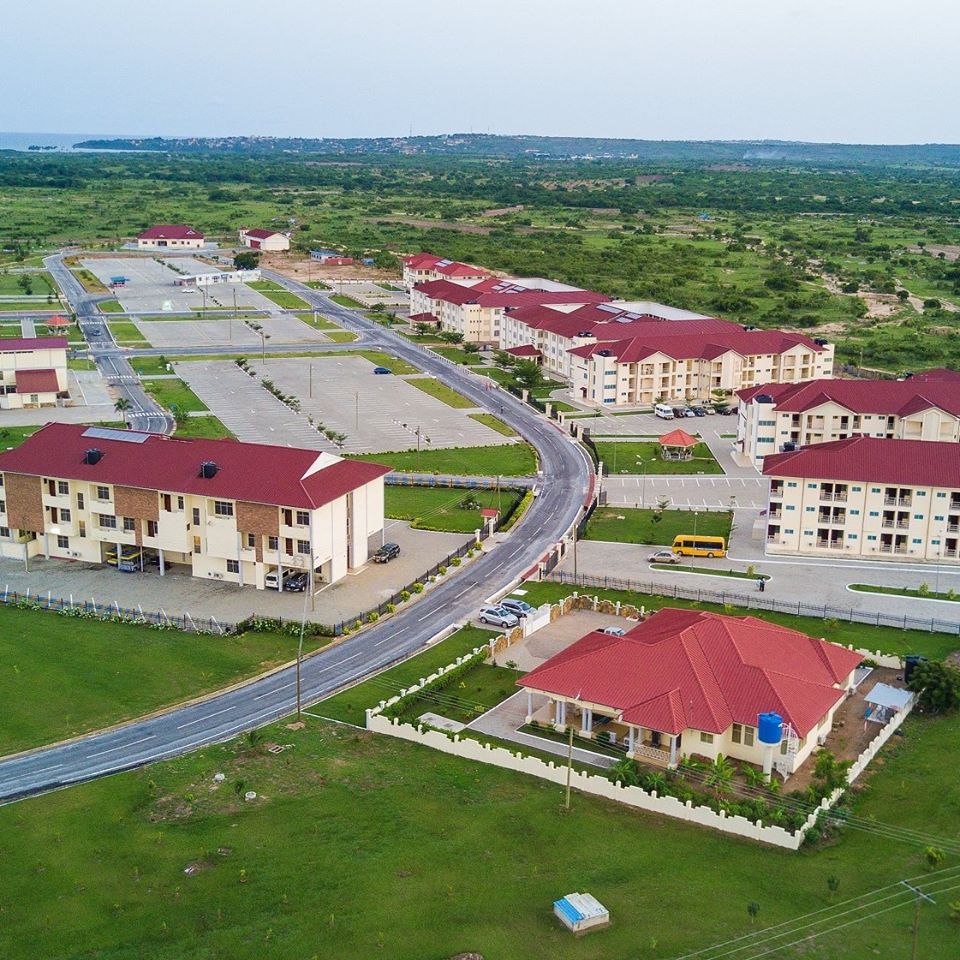
Pastor Noye said the Centre had since March this year received patients, discharging the last patient at the end of October.
“No activity has taken place here after the last discharge hence the engagement of the Zoomlion Company Limited to fumigate and disinfect the entire facility. We want the public to know that the Centre will be opened very soon for activities,” he said.
He added: “Three main blocks namely, Patrick Asiamah block which is Block B, George Woods block which is also Block C, and the Block D which is the John Bart Plange block, were used during the pandemic. All the auditoriums were closed except the three main blocks were used.”
Apostle Samuel Nana Yaw Agyei, immediate past Centre Manager, on his part, said that the Centre is known worldwide for holding conferences. The prime motive of the Centre, he said, is to create a conducive space for prayer.
“During the COVID-19 pandemic, the Centre recorded zero death case, zero infections, and zero transfer, which is a big record. And if someone needs a place for holding a conference or programme, the Centre is the best place to visit,” he said.
Mr. Jonas Wonder, Vector Controller, Zoomlion Company Ghana Limited, said it was using good quality and safe Viro-oxy multipurpose disinfection substances, conducive for indoor spraying and Chlorine, which is for outdoor spraying.
He said the second phase of fumigation and disinfecting would be done before the place would be officially opened for public use.
Credit: GNA





